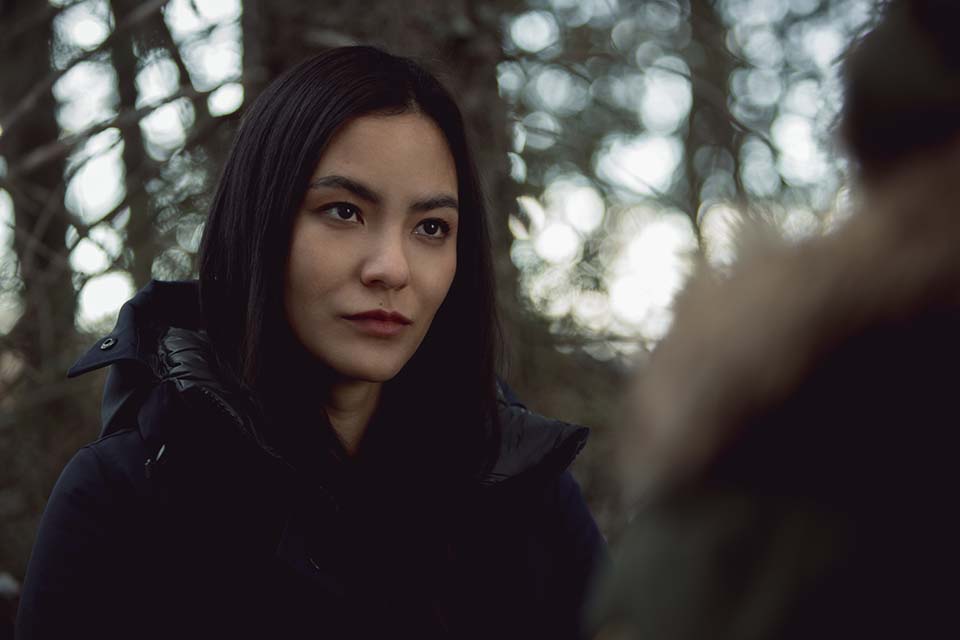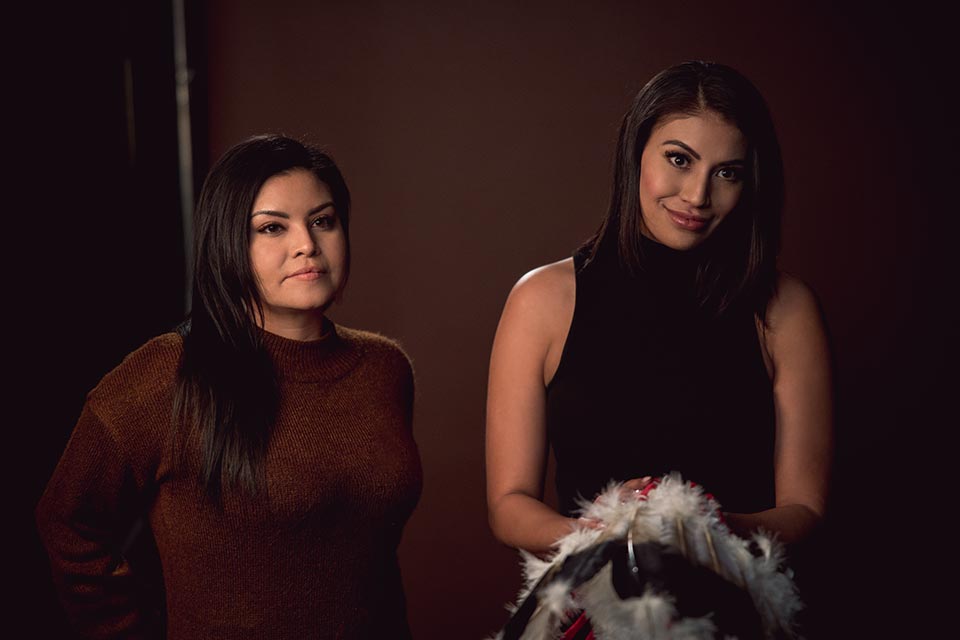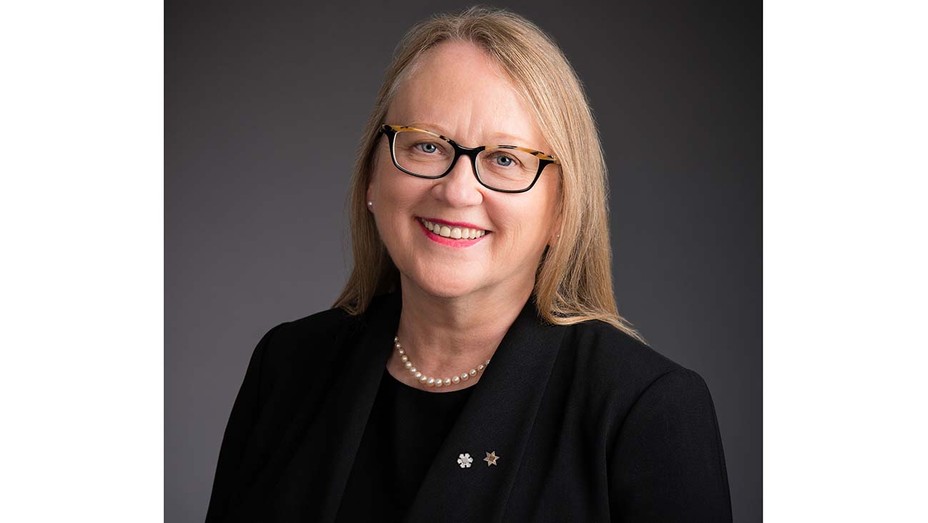If you haven’t caught on to Tribal (Season 2 starts Thursday, APTN, 9 p.m.), then you should. It was one of my choices for best new series of 2020 and the two leads, Brian Markinson and Jessica Matten, were on my list for best performances on Canadian TV.
The under-the-radar and unfussy First Nations police procedural offers no big bombshells, but it’s a gripping, nuanced and twisted cop drama about many morally compromised characters. And a morally compromised community that represents all of us. You could say it’s about tensions between the Indigenous community and the white establishment but you could also say it’s a propulsive crime drama about police corruption, missing and murdered women, and a deranged killer who claims, “I freed those people, they’re all in a better place.”

If the latter description sounds too conventional as a crime drama, it doesn’t match the dark texture of the storytelling and what lies beneath it. There isn’t a character here is who definitely positioned as good or bad; Tribal is about the history of its setting, the atmosphere and the societal mores that barely hold everything together.
In the first eight-episode season of Tribal (streaming on APTN Lumi) officer Samantha (Sam) Woodburn (Matten) was made interim chief of a tribal police force that is awkwardly integrated with the local urban force, and Sam was partnered with Chuck (Buke) Bukansky (Markinson), a prickly, bone-weary veteran detective with a lot of spiteful things to say about the tribal police force. Sam had her own aberrant habits. The two slowly made peace and are now more of a team.
What’s happened is that a tomb of Indigenous bodies has been discovered under the city’s water-filtration station, and while Sam and Buke try to piece together the puzzle of who was responsible and who knew that young women were disappearing, the urban side of the police force is trying to simply look good in the midst of a mess.

Police boss Connie (Garry Chalk) is highly aware of the scrutiny that comes with the gruesome discovery. His tactic is to set up a task force run by an outsider. Someone who can either solve the case or take the blame for mistakes. His reliably sleazy underling Mitch (Ryan Northcott) solves the problem with a cynical move, suggesting that a Black woman, Victoria Mann (Marci T. House), who has some experience with Indigenous issues, but little police experience, be appointed. It’s all about window-dressing and hiding from responsibility. The mordancy of the tactic is very plausible.
Meanwhile, Sam and Buke keep digging. They interview that jailed, deranged killer (John Cassini, who is superb here) and poke around looking into the death of one particular young woman known to have drug problems. What’s being built is a storyline about mistrust and manipulation, including the use of the media to tell one side of what is a highly complex, fraught story. As before, the series is admirable in its lack of melodrama and ornamentation; it just moves along quickly and includes storylines that involve restorative justice, healing lodges and railway blockades, but without stopping to point out ostentatiously that these are socially relevant issues. It just embraces them.

Tribal is created by showrunner and director Ron E. Scott (he also created Blackstone), who has said his aim is to offer “an entertaining, character-driven crime drama,” and he’s done that.
Made in and around Calgary, the series goes to shadowy corners and explores vulnerabilities, drawing the viewer in, making us complicit and creating an uneasy intimacy with the Indigenous perspective on contemporary issues that are part of the daily news agenda in Canada. And still, it’s a cop show with a furious pace.
Back in an early episode, Sam pointedly wondered aloud why there was no conversation happening with new partner Buke. Buke scoffed and said, “You’re a face, you’re an [expletive] and an Indian, you’re what they need right now. As soon as you screw up, you’re going right back to the reservation. How’s that for conversation?”
Tribal is one arresting, entertaining and terse conversation about a lot of vital issues, plus crime-solving. It’s a show you should be watching.

